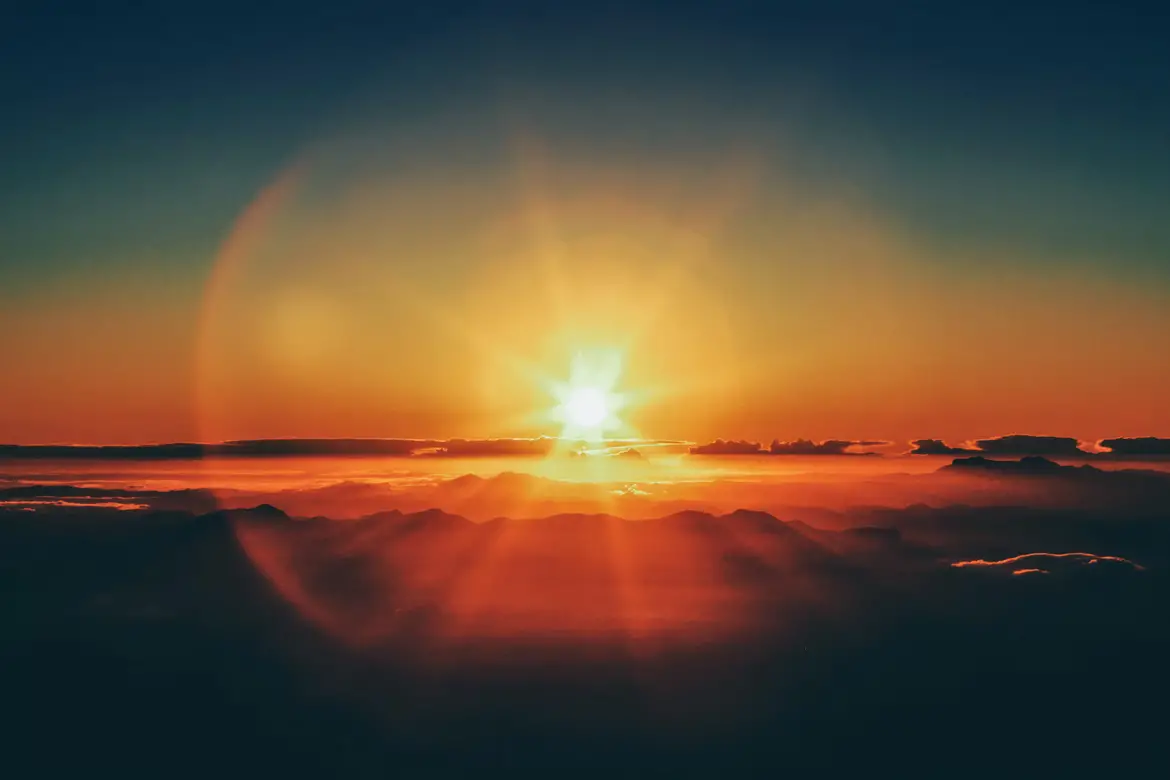Conscious Universe & Collective Consciousness: Could the Universe be One Gigantic Human Brain?
Scientists have often wondered how science and consciousness mingle and if the entire universe is simply a cosmic-level human brain – and the theories are intriguing, to say the least. This article covers what science has to say about consciousness, the universe, the human mind, and the collective and universal consciousness. But What’s ‘Consciousness’? Before … Read more







